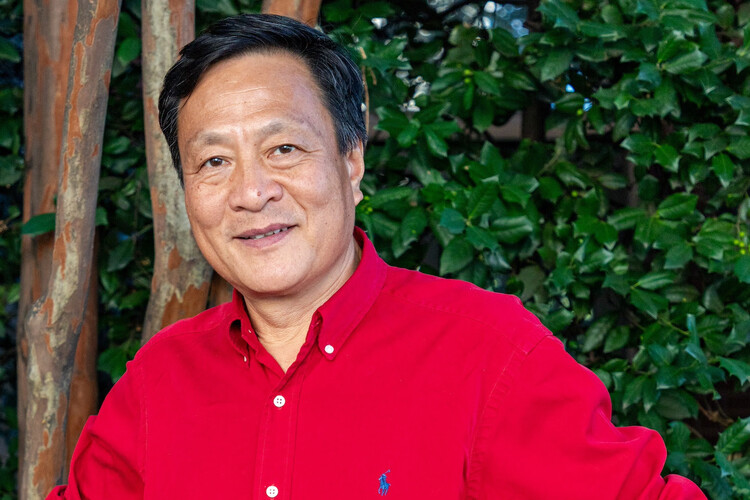 Kongjian Yu. Image Courtesy of The Cultural Landscape Foundation
Kongjian Yu. Image Courtesy of The Cultural Landscape Foundation
Share
Share
Or
https://www.archdaily.com/1034437/kongjian-yu-creator-of-the-sponge-city-concept-passes-away-in-brazil-plane-crash
Kongjian Yu, the pioneering Chinese landscape architect and urban planner credited with coining the “sponge city” concept, has passed away at 62. According to Reuters, he was killed in a plane crash on Tuesday in the wetlands of Mato Grosso do Sul state, in Brazil, while reportedly filming a documentary about his work, after being featured in the opening program of the São Paulo International Architecture Biennale last week.
A globally-recognized advocate for ecological urbanism, Yu gained international relevance after his “sponge city” philosophy was adopted as a national policy in China in 2013. The approach prioritizes nature-based solutions, such as wetlands, parks, and permeable pavements, to absorb and retain water. This novel method stood in stark contrast to traditional concrete infrastructure, offering cities a way to combat urban flooding and accelerate climate change by working with nature rather than against it. His ideas have since been implemented in hundreds of cities worldwide.
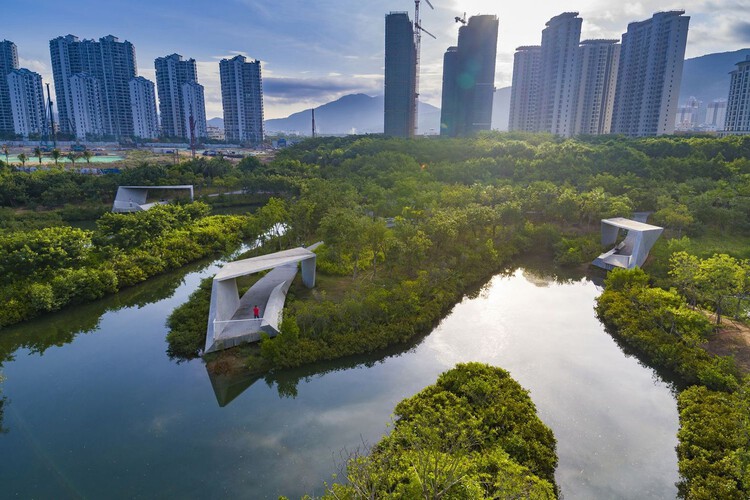 Turenscape – Sanya Mangrove Park, cidade de Sanya, China. Image Courtesy of WAF
Turenscape – Sanya Mangrove Park, cidade de Sanya, China. Image Courtesy of WAF
Born a “peasant’s son” in a small village in Zhejiang Province, Yu recounts being deeply influenced by the relationship between nature and rural life. This connection fueled his life’s work and his aversion to purely ornamental landscapes in favor of productive and low-maintenance ones.
Related Article Urban Landscape as an “Art of Survival”: An interview with Kongjian Yu, the Advocate of the Sponge Cities Concept
We’ve misunderstood what it means to be developed. We need to develop a new system, a new vernacular to express the changing relationship between land and people. – Kongjian Yu, in an interview for ArchDaily
Yu founded the firm Turenscape in 1998 in Beijing, which has grown into a renowned practice with over 500 specialists. Under his leadership, the firm has completed more than 600 projects. He was also a professor at Peking University and the founder of its Graduate School of Landscape Architecture.
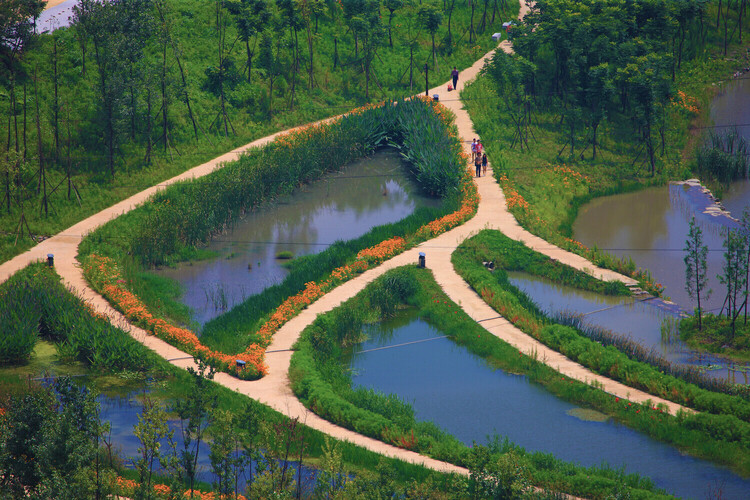 Minghu Wetland Park – Turenscape. Image © Turenscape
Minghu Wetland Park – Turenscape. Image © Turenscape
It is so obvious that by wiser planning and designing of the urban landscape as life-saving and climate-adaptive ecological infrastructure and public space, we can save lives immediately and, in the long term, save the planet. – Kongjian Yu, in an interview for ArchDaily
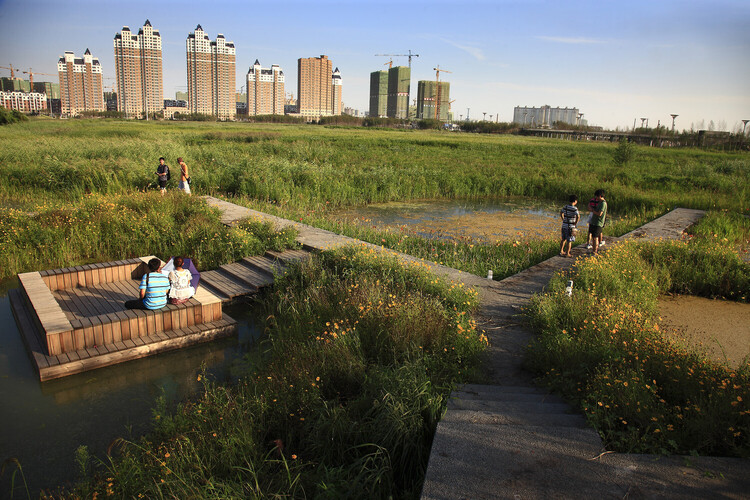 Qunli Stormwater Wetland Park by Turenscape. Image © Turenscape
Qunli Stormwater Wetland Park by Turenscape. Image © Turenscape
His significant contributions were widely recognized, including the 2023 Cornelia Hahn Oberlander International Landscape Architecture Prize. The jury for this prestigious award hailed him as “a force for progressive change in landscape architecture around the world.” Yu’s passing is a profound loss to the fields of landscape architecture and environmental sustainability, but his legacy and transformative ideas will continue to shape cities for generations to come.
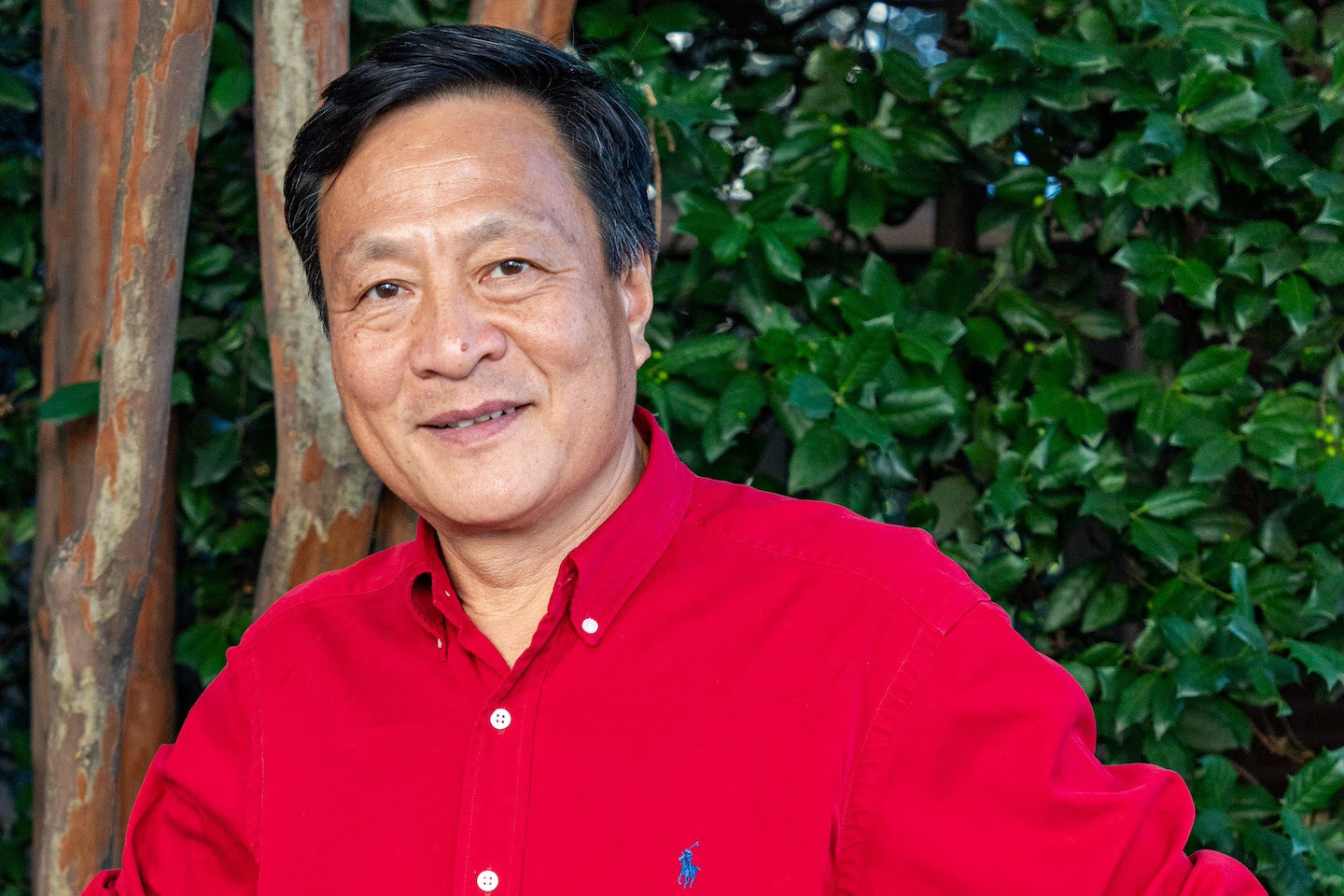

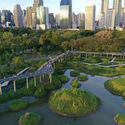
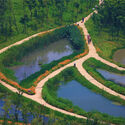
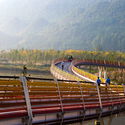
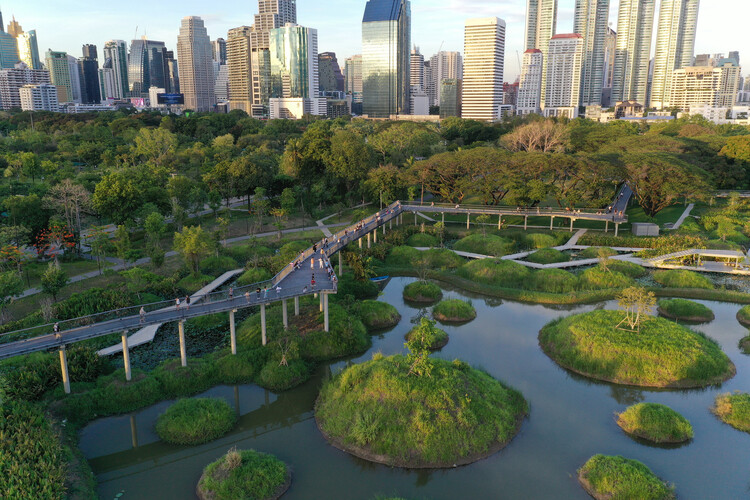 Benjakitti Forest by Turenscape + Arsomslip Community and Environmental Architect. Image © Srirath Somsawat
Benjakitti Forest by Turenscape + Arsomslip Community and Environmental Architect. Image © Srirath Somsawat